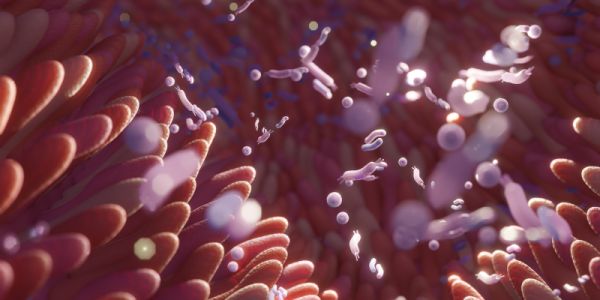
Climate change threatens rare temperate rainforests
Up to two thirds of the world’s temperate rainforests could fall victim to climate change by the year 2100 according to a new study by researchers at the University of Leeds.

Up to two thirds of the world’s temperate rainforests could fall victim to climate change by the year 2100 according to a new study by researchers at the University of Leeds.

Humans may have already caused 1.5 °C of global warming when measured from a time genuinely before the industrial revolution and the start of large-scale carbon emissions, according to new research.

Changes in the gut microbiome before rheumatoid arthritis is developed could provide a window of opportunity for preventative treatments, new research suggests.

Over three quarters of people believe climate change is a serious threat to the United Kingdom according to the results of a representative survey by researchers at the University of Leeds.

Patients who wear facial prostheses after treatment for head and neck cancer have had their portraits painted to illustrate the physical and psychological impact of living with a facial difference.

Pine martens have been reintroduced into woodland in South Cumbria thanks to a project involving researchers from the University of Leeds.

The ways in which new workplace technologies like artificial intelligence are affecting work and employment will be investigated by collaborative research centre, Digit.

Scientists and clinicians at the University of Leeds exploring new radiotherapy treatments and technologies have been given a major cash boost from Cancer Research UK (CRUK).

Text message reminders can help to improve toothbrushing habits in teenagers, particularly those from low-income families, a new study has shown.

A leading Early Years expert at the University of Leeds has been appointed Deputy Chair of a new scientific advisory body guiding government policy on issues concerning children and young people.